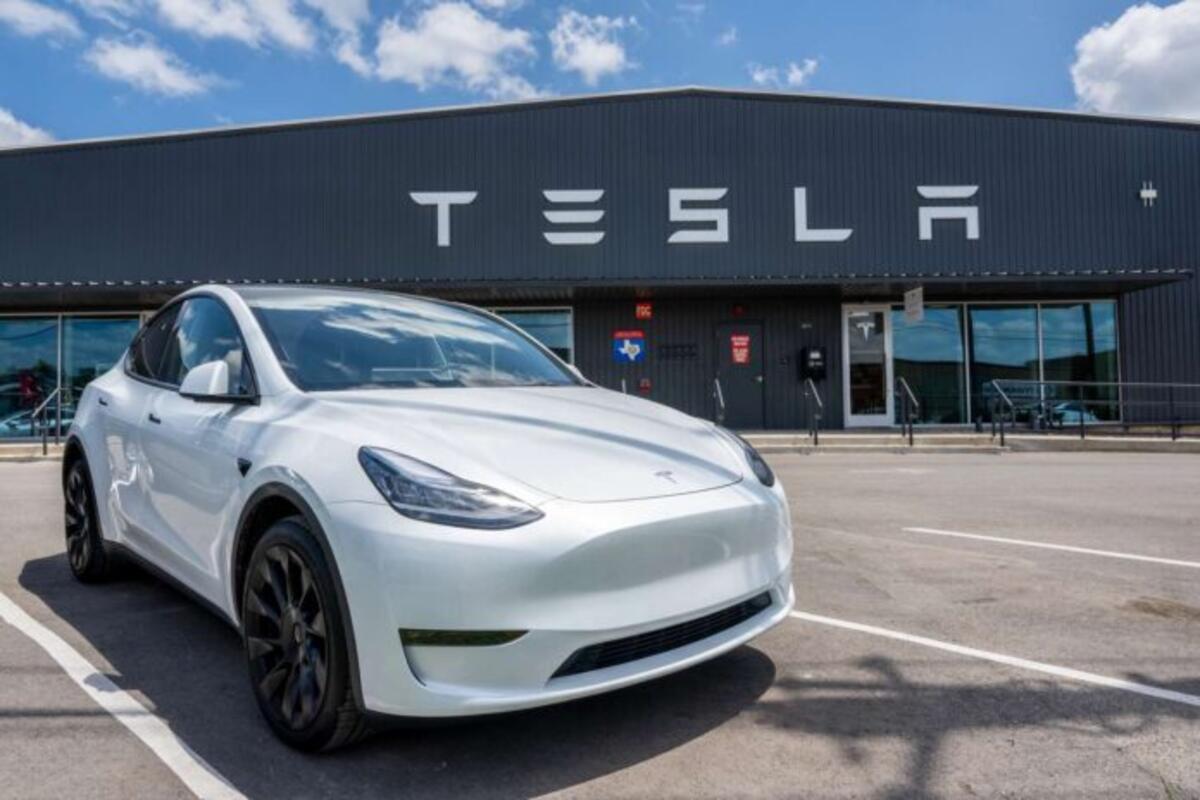Tesla Inc. has announced plans to increase prices for its vehicles in Canada, with adjustments of up to $9,000 for the Model 3, the company’s most affordable option. The price hikes, effective February 1, 2025, will also apply to other Tesla models, including the Model Y, X, and S, which will see increases of $4,000.
Details of the Price Hike
The announcement marks Tesla’s second price increase this year, following a $1,000 adjustment earlier in January. The earlier change rendered the Model 3 and Model Y ineligible for Canada’s federal electric vehicle (EV) incentives, which are capped based on vehicle pricing.
Transport Canada confirmed that funding for the incentive program has been fully committed, leading to the suspension of new rebate approvals. This situation has further narrowed the affordability of EVs for Canadian consumers, particularly for Tesla’s mid-range options.
Broader Implications and Market Context
Tesla has not provided a detailed explanation for the latest price hike. However, the timing aligns with potential economic and trade uncertainties. February 1 also coincides with a date mentioned by former U.S. President Donald Trump regarding possible tariffs on Canadian imports, raising questions about cross-border trade costs impacting Tesla’s supply chain.
Additionally, Tesla vehicles imported from countries like China have faced challenges. Last October, Tesla imports from China lost eligibility for federal incentives due to Canada’s rules requiring free trade agreements with the country of origin. This limitation applies to other non-FTA nations as well, making it more expensive for Tesla to cater to the Canadian market.
What It Means for Consumers
With the upcoming price adjustments, prospective Tesla buyers in Canada may need to reassess their options. The Model 3 and Model Y, previously popular choices for their relative affordability and eligibility for rebates, are becoming less accessible for budget-conscious consumers.
Rising EV Costs Amid Strong Demand
Tesla’s price hikes come amidst growing global demand for electric vehicles and increased production costs. The company has also faced fluctuating raw material prices and logistical expenses, which may contribute to these adjustments.
Tesla’s Canadian operations are likely to feel the ripple effects of these changes. Consumers may turn to competing EV brands that still qualify for federal incentives, especially those with domestic manufacturing or assembly operations in Canada.












